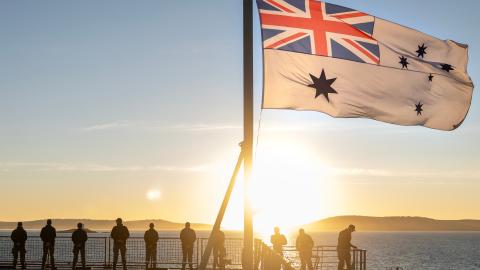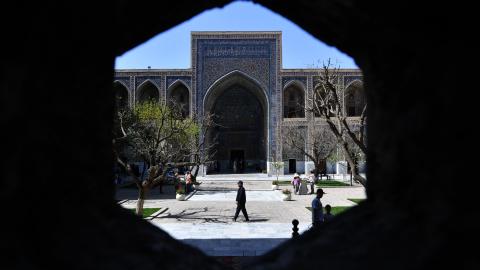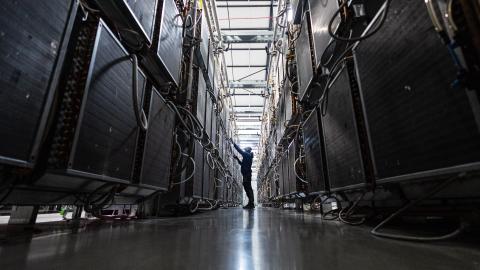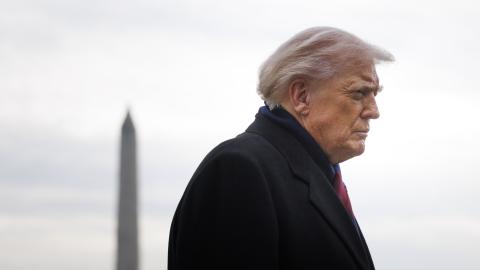In the least surprising news story of the day, the Governor of Puerto Rico has announced that the territory's Government Development Bank will not make most of its debt payments today. The Wall Street Journal:
“Faced with the inability to meet the demands of our creditors and the needs of our people, I had to make a choice,” Gov. Alejandro Garcia Padilla said in a speech Sunday night, according to an English translation of the remarks. He said making the payment would divert money needed for crucial health and public-safety services.
A law enacted by Puerto Rico’s government in April empowers Mr. Garcia Padilla to suspend debt payments to pay for essential services as the U.S. commonwealth awaits help from Congress. Some of Puerto Rico’s creditors have criticized the law, saying the government won’t commit to necessary financial changes and hasn’t made a good-faith effort at a consensual restructuring.
Expectations of a GDB default were already high ahead of the governor’s speech. The GDB had $562 million available for paying debt as of April 1, according to the government.
There are two kinds of crisis: there’s the largely unexpected event that hits suddenly like an earthquake or the assassination of a leader. And then there is the kind of slow moving train wreck that we see in Puerto Rico. The approach of bankruptcy was not secret. The trends in public debt, sluggish growth, bad government and counterproductive federal policy have been visible for years. It was only a question of time.
This leaves us less sympathetic to bondholders than we might otherwise be—certainly large investors who bought Puerto Rico debt knew or should have known that this was risky speculation rather than prudent investment. We don’t blame them for wanting to be paid in full, but they got into this with their eyes open, and knew very well that Puerto Rico didn’t have the money to keep the promises it was making.
However, the real issue here is why Congress and the Executive Branch of the United States failed to foresee and provide for this slow-moving catastrophe. This wasn’t an unexpected explosion of a long dormant volcano. This was more like the captain and crew of a ship watching the slow, stately approach of an iceberg and taking no action until it crushes into the ship.
Who were the chairs of the oversight committees and what were they doing? What were the relevant offices at the Treasury department doing as the problems grew worse? Who was asleep at the switch, who tried to sound the alarm but was ignored? Who were the people who neglected their duty, let things slide, and now need to be held accountable as failed public servants responsible for a major disaster and human tragedy? What are the institutions that didn’t work? How can they be fixed?
And of course, Puerto Rico isn’t the only slow moving catastrophe unrolling before our eyes. How many cities have water problems similar to those of Flint? How many states and cities have fiscal problems like Puerto Rico’s in their future? How many Detroit style bankruptcies lie in our future?
Our governing class seems more interested in hysterical posturing and rhetorical slogans than in doing the hard work of actual governance. This is no way to run a great republic—and if we don’t get better at the bread and butter business of governing, the price of failure is going to escalate.



















